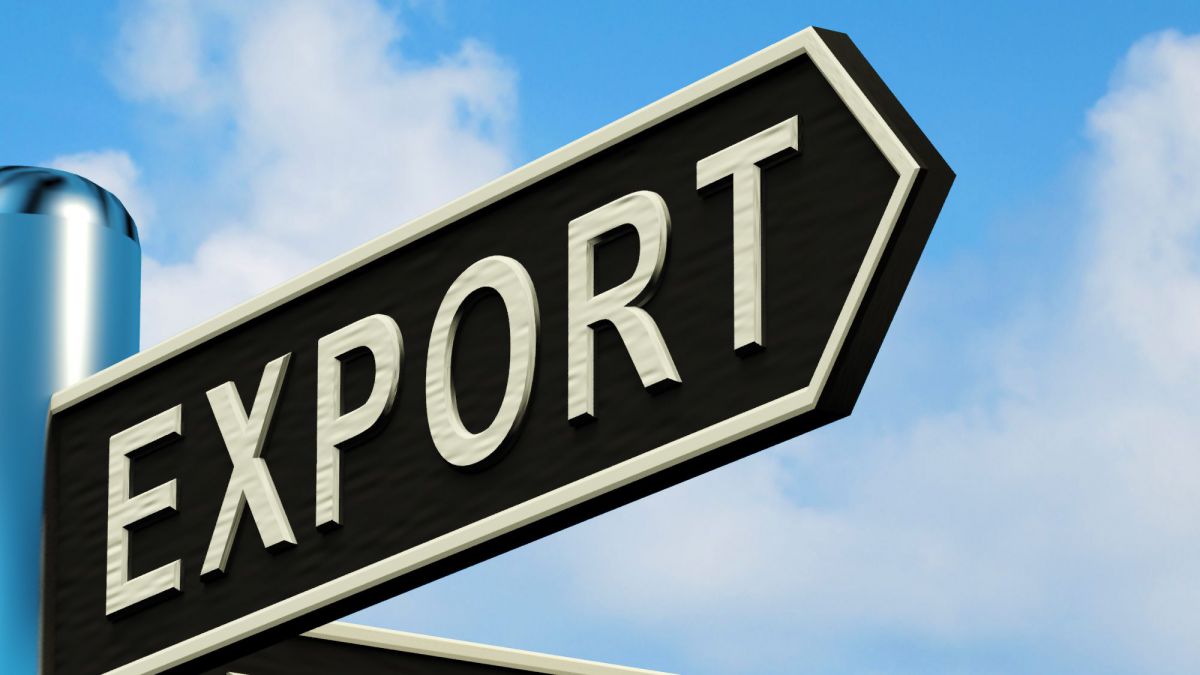
Western market is crucial for Moldovan trade, as it brings quality changes and ensures stability for Moldovan business in the delivery of goods and products. In the international trade of the Republic of Moldova, good signals have emerged compared to previous years when there is a stagnation or a little visible change. This is the opinion expressed by the Program Director, Viorel Chivriga, on ”15 minutes of economic realism”, programme.
All the restrictions introduced by the Russian Federation since 2013 have influenced the business and the accumulations to the budget. Thus, after the signing of the Free Trade Agreement, results have emerged regarding the diversification of exports and imports to other markets or other markets.
"In 2017, the level of exports shows that goods and products can be delivered in EU countries, and not only, in the CIS. An annual increase of 17% in deliveries of goods and products in the EU creates a favorable picture for Moldovan business. An increase of 20% was recorded for imports. A remarkable result due to the efficiency of the Customs Service", Chivriga explained.
Referring to the Free Trade Agreement with Turkey, which entered into force in 2016, the program director said some voices said there would be an avalanche of goods and products in Turkey but the increase was only 10% while exports increased 1.6 times in 2017 compared to 2016. We only notice benefits from trade liberalization.
At the same time, Romania became the trading partner with the largest share in Moldovan trade and surpassed Russia, much, which was the main trading partner a few years ago. Romania is Italy and Germany, showing stability in trade with the Republic of Moldova. On the other hand, although the CIS states have seen a rise in trade, they take little steps to boost trade relations.
"The Customs Service plays an important role in boosting trade. Efforts to harmonize legislation, which is simpler, connected to regulation, but not to the imposition of barriers, are noticeable. This brings businesses closer to state institutions. But the emergence of common control points at the western and eastern boundaries will diminish from the complexity of export procedures and the time lost to customs agents", Chivriga said.
In conclusion, the program director mentioned that with the change of legislation, qualitative changes also occur in terms of standardization. In 2017 over 16 mi of standards were taken over - a qualitative change, which removes the old legacy from the USSR and ensures the Moldovan business with competitive markets.
The show is made by IDIS "Viitorul" in partnership with Radio Free Europe.
For more details contact IDIS "Viitorul" Public Relations Coordinator, Victor URSU at ursu.victoor@gmail.com or call 069017396.